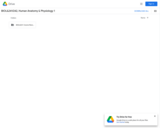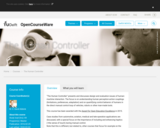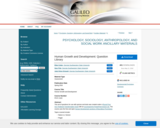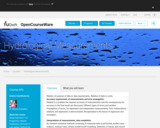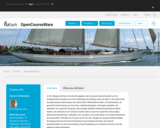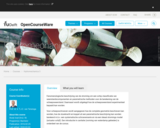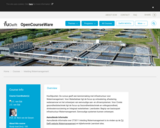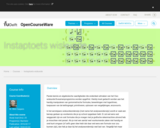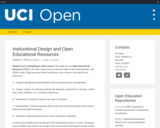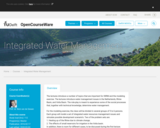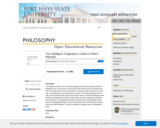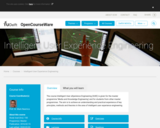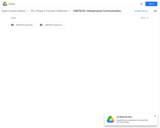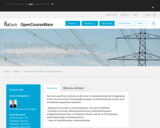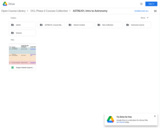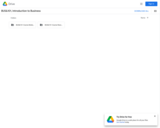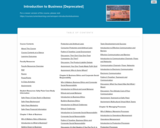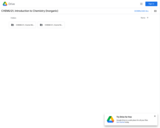This ready-to-adopt Introduction to Business course develops students’ understanding of business fundamentals with learning design structured around timely, real-world case studies and examples. Key topics include the role of business, the global economic and legal environment, ethics, marketing, accounting and finance, and managing processes and operations. Enriched OER content (text, video, simulations, etc.) orients students to the shifting business landscape and prepares them for success in business program curriculum and the workplace.
This course was written by Linda Williams of Tidewater Community College and Lumen Learning and is supplemented by content from OpenStax Principles of Economics, Boundless Business, and videos from multiple sources.
-----------------------------Review------------------------------------------------------------------
Our Criteria
Accuracy and Currency
How accurate is the material, based on current standards in the field?
If the material is inaccurate, does it acknowledge conflicts in perspectives and changes over time?
If the material is outdated, does it serve other purposes (to provide historical perspective, to provoke discussion, or to serve as an example)?
Within this review of Lumen's Open Educational Resource (OER) Introduction to Business by Linda Williams, I chose to pick one part of the course content to review - Corporate Social Responsibility (CSR). The material is based on current standards within the business ethics foundation. This portion of CSR goes over current terminology such as "green-washing" and connects to current controversies within CSR, which is important to students going forward in business. Thus far, I see that this information serves discussion purposes, as well as historical relevance. The chapter starts with President Calvin Coolidge's vantage to of business not being a part of business, outside of people being a foundation to business.
Bias
How does the material acknowledge perspectives (of the authors, of other experts in the field, of critical voices, etc.)?
How does the material present facts, opinions, and judgments?
How does the licensing of the material allow the instructor to remix or revise biased content?
The material doesn't acknowledge the author's perspective, which doesn't give a bias. It does present facts within the chapter. In my review, I am unsure if educators can revise the content; but, educators can add portions of the course OER to their classrooms, i.e. CANVAS or Blackboard.
Ability to Overcome Barriers to Engagement
How does the material engage students? Does the material reflect student experience and views?
How do students access the material? Does it require technology skills? Can it be accessed in multiple ways through multiple means?
How does the material/resource respond to accommodative and adaptive technologies?
In reviewing the CSR chapter, I was happy to see video supporting "Increased Pressure from Consumers" subsection of the chapter. This could be a great reflection of students views. This material does require technology skills in order for access to this chapter and OER book. In my review, I was able to connect to the OER course and chapter through a desktop computer, but I did not connect via a mobile phone. For accessibility (ADA) purposes, it is possible to use "talk to text" or "speechnotes" with this OER.
Publishing Process & Licensing
How was the material published? What kind of review/editing process was used?
How is the material licensed and stored? Can it be remixed and revised as needed? Is it subscription-based and if so, who pays for the subscription?
What is the 'permanence' of this material? Is it temporal (likely to be removed or taken down)? What would be the back-up plan if license/access to this material is lost?
Depending if the educator uses "Waymaker", "OHM", or "Candela", each student could pay between $10 to $25 per student as a subscription, in comparison to over $100 for a textbook. Lumen offer workshops and training within their OER program.
Relevant to Course & Institution
How does this material align with course objectives and learning activities?
At the beginning of the CSR chapter, it gives student outcomes such has the definition of CSR, describe the impact of CSR to its stakeholders, and give examples to students of what CSR is within business. This material is align to "Introduction to Business" student outcomes, as well as to AACSB International accreditation.
Relevant to Students
How does the material reflect student interests and learning goals?
How does the material give student autonomy in their learning?
How does the material encourage interaction, critical thinking, and deeper learning/processing

